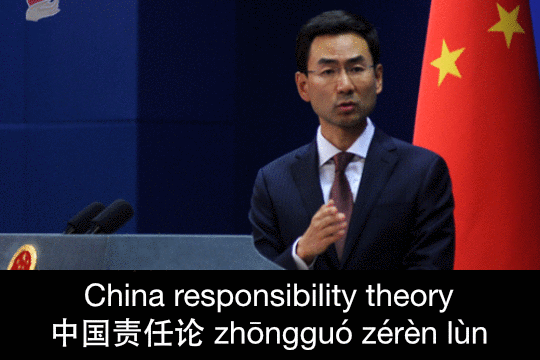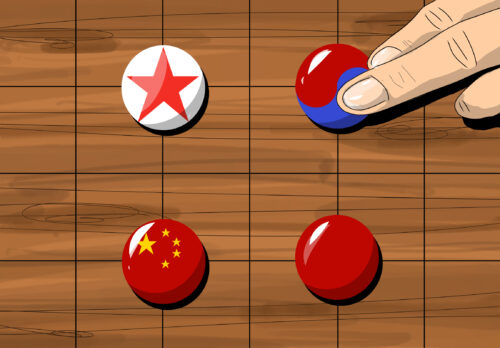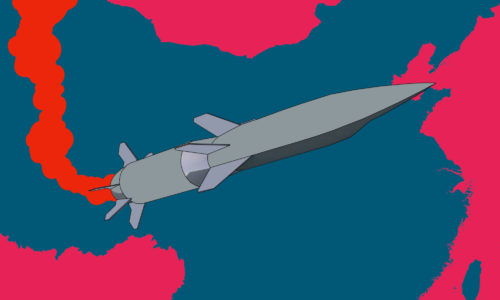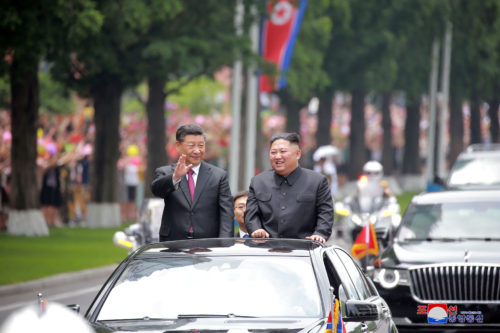North Korea and the ‘China responsibility theory’
Jeremy Goldkorn’s selection of the top stories from China on July 11, 2017. Part of the daily The China Project newsletter, a convenient package of China’s business, political, and cultural news delivered to your inbox for free. Subscribe here.

North Korea and the ‘China responsibility theory’
At the Chinese foreign ministry’s regular briefing on July 11, a journalist asked about China’s response to calls from the U.S. and other countries that China exert greater pressure on North Korea. The foreign ministry spokesperson replied:
As we said repeatedly, the crux of the Korean nuclear issue rests on the conflict between the DPRK and the US and it is in essence a security issue. The Chinese side is neither the focal point of the conflict of the Korean nuclear issue nor the catalyzer for escalation of tensions at present, and it does not hold the key to solving the Korean Peninsula nuclear issue. In recent days, certain people have been exaggerating and playing up the so-called “China responsibility” theory. Those people have either failed to grasp the Korean Peninsula nuclear issue comprehensively and accurately, or done this out of ulterior motives with an attempt to shirk responsibility.
Meanwhile, recent commentary in the media indicates that mainstream American thinking is coming around to the idea of direct talks with Pyongyang:
- Richard Haass, president of the Council on Foreign Relations and former diplomat (whom Trump last year said he “likes” and “respects”) has urged the U.S. to talk — even though diplomacy may once again fail — as the only alternative to war or living with a North Korean nuclear threat.
- Fareed Zakaria, whom New Republic magazine once called “a creature of establishment consensus,” makes a similar argument in text and video.
China’s foreign policy experiment in South Sudan
As Chinese investment, commercial activities, and tourism spread throughout the globe, security and business interests will force a change in the country’s long-standing policy of non-interference. The International Crisis Group, an organization dedicated to preventing war, has published a report that looks at South Sudan as a prominent test case for China’s “more proactive global role.”
South Sudan gained independence in 2011 from the Sudan. The country has oil, but it’s a dangerous neighborhood where the Chinese government has had to protect its citizens and economic interests, and found itself drawn into pursuing humanitarian goals. As the report says, “China might still oppose interference in others’ affairs, but its definition has become more elastic.”






